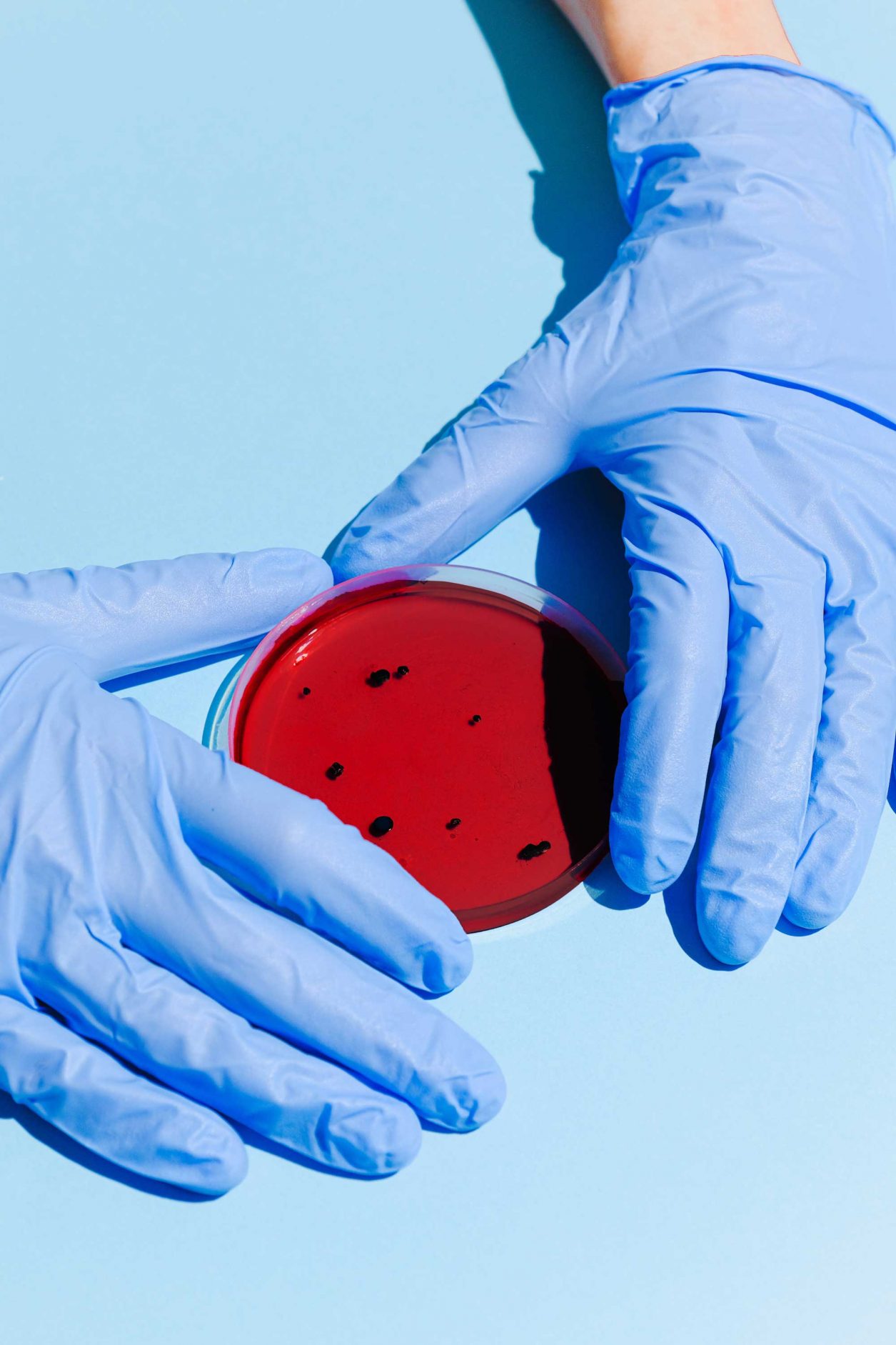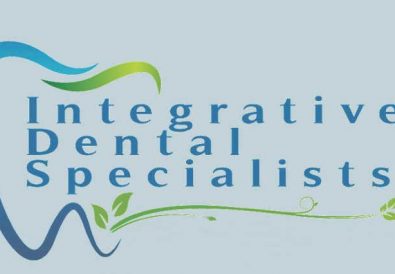As we focus on avoiding the SARS-CoV-2 virus, our bodies’ exposure to microbes has changed. Clearly, this is the intention, but there are advantages and disadvantages arising from the steps we are taking to protect ourselves. The never-ending attention to the risks of this virus has created a heightened fear of all microbes. We now practice proper hygiene, social distancing and use masks to avoid transmission of the virus. However, because many microbes provide multiple health benefits, this ultra-clean living may affect our immune system’s ability to respond when challenged with a pathogen.
Why Do We Need Microbes?
Regular exposure to a variety of microbes can help educate our body to recognize and handle microbial threats. Since the pandemic, our exposure to microbes has been reduced, and as a result, our natural defenses are not as primed as usual. Weakened natural defenses can negatively affect our health through increased incidence of illnesses, including allergies, autoimmune conditions, metabolic disorders and gut-brain conditions.
There are trillions of microbes residing within and on us including bacteria, viruses and fungi. Some of these microbes are harmful and can lead to illness, while others may help to keep us healthy. In fact, less than 1% of all bacteria cause disease. What many people don’t realize is that we have thousands of types of bacteria in our bodies that peacefully co-exist and help strengthen our health. Trying to avoid all microbes in an effort to avoid the ones that make us sick means that we can be missing out on exposure to the beneficial microbes. We treat bacterial infections with antibiotics, but antibiotics can wipe out both their targeted bad bacteria along with good bacteria. This unintended collateral damage is why overuse of antibiotics is problematic. Similar to bacteria, some fungi can have beneficial qualities while others can cause infections. For example, penicillin is derived from a specific type of fungus, and other fungi are used to produce bread, cheese and wine. Other types of fungi can cause diseases like thrush and athlete’s foot.
Viruses do not have the machinery to live independently so in order to survive and multiply, they need to invade healthy cells. This makes it difficult to treat viruses because the medication has to target and kill our bodies’ own cells that the virus has invaded. Like bacteria and fungi, viruses can be beneficial in attacking disease-causing bacteria and antibiotic-resistant bacteria, but they can also be harmful such as the group of coronaviruses that are responsible for the common cold and COVID-19.
Our new “normal” routines involving social distancing, mask wearing and increased hygiene to avoid the COVID-19 virus mean that we are no longer exposed to some of the beneficial microbes we would normally encounter in daily living. Many people eat less variety of foods, avoid the outdoors and certainly don’t meet and interact with new people as often – there are some people who haven’t left their dwellings since the pandemic began, relying solely on delivered items and digital entertainment.
A Solution for “Microbefobia”
Probiotics, which literally means, “for life” from the Latin “pro” meaning “for,” and the Greek “βίος” (bios) meaning “life” – can become even more important in our current “super clean” living conditions. Probiotics are defined as “live microorganisms [microbes] that when administered in adequate amounts confer a health benefit on the host.” This definition was established by the WHO and Food and Agriculture Organization of the United Nations.
Probiotics are safe; have few or no side effects; and have very specific and natural health benefits. In fact, with safety at the forefront, probiotics have been used in all NASA space travel since 2017. NASA supplies probiotics to its astronauts on the space station because “the addition of probiotic bacteria to the astronaut diet may provide a safe and natural counter-measure to promote immune function.”
A Precise and Vetted Bacteria
Different types of probiotics have different effects and benefits for the body, whether that be supporting the immune system or enhancing the efficacy of certain vaccines. Probiotics have also been found to reduce the duration of symptoms from influenza; increase the production of some vitamins and minerals; nourish the beneficial microbes within the body; and have a positive impact on the gut–brain axis. Many of the microbes added to probiotic supplements are naturally found within the body. The most common probiotics are species of the genera Lactobacillus and Bifidobacterium.
More than 8,000 research articles specific to probiotics have been indexed on PubMed, and the frequency of publication has increased significantly within the last decade. There are more than 1,600 publications from human clinical trials studying probiotics that are currently registered in ClinicalTrials.gov and the International Clinical Trials Registry Platform of WHO databases. The FDA directly supervises the probiotic industry through the Dietary Supplement Health and Education Act of 1994 (DSHEA) and its oversight includes document reviews, audits and much more. The International Probiotics Association members are probiotic companies in good standing with science-based products that adhere to the safety and marketing guidelines of the FDA.
While seeking opportunities to survive and thrive during the pandemic, the simple step of consuming a probiotic supplement may benefit us as we compensate for an ultra-clean lifestyle. Many health benefits have been reported from probiotic research and from people taking probiotic supplements. No probiotic has been demonstrated to treat or prevent COVID-19; however, research is currently underway to assess the impact of certain probiotics on this novel virus.
Jessica ter Haar, Ph.D., is director of scientific affairs for the International Probiotics Association (IPA) and is a microbiology expert and probiotic educator focused on digestive and women’s health. She holds a doctorate from the University of Groningen in medical microbiology and probiotics for vaginal infections, and a master’s degree in nutrition and nutraceutical sciences from the University of Guelph. Ter Haar is also the founder and chairwoman of “Women and their Microbes,” a scientific conference directed at scientists, clinicians and industry professionals focused on helping women achieve their best possible microbial health during every stage of life. In her professional work with probiotics, she uses her thorough knowledge base to underscore the importance of probiotics, make scientific knowledge accessible, and address unmet medical and research needs. Additionally, ter Haar consults with a variety of companies in the probiotic, pharmaceutical and food industries on strategies to clearly communicate, valorize and leverage scientific benefits and best practices.




















